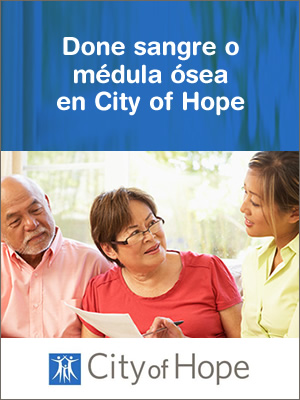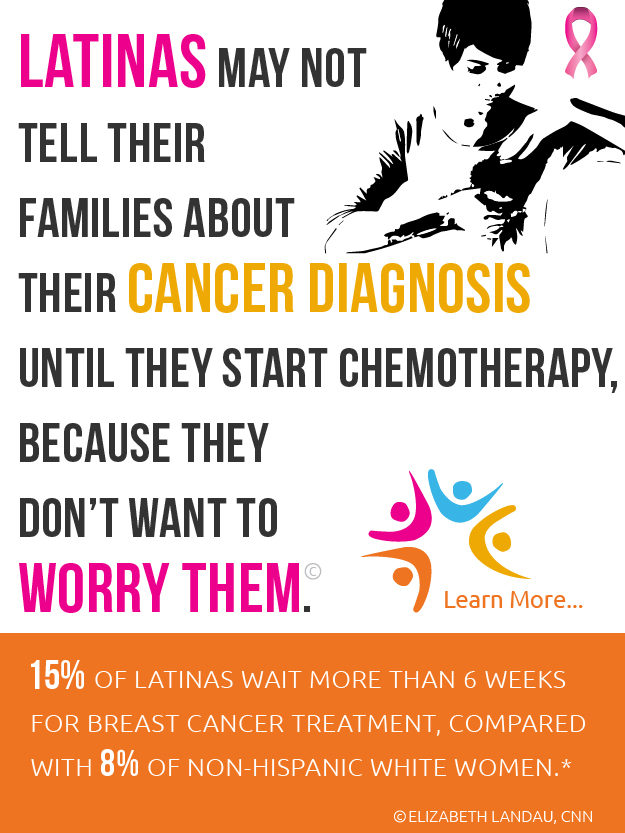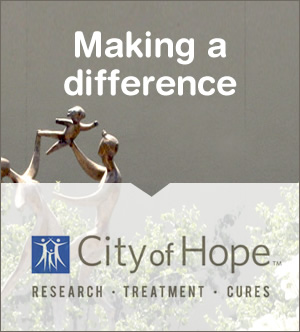Cancer where you least expect it
An oncologist at the first stop took a look at the x-ray and recommended our heading for further tests at the most reputable breast clinic in the capital of Caracas, which we did.
The chief surgeon there ordered a biopsy at three different locations: the breast tumor, an adjacent lymph node, and of a protuberance on the left side of my neck. We took care of that at the hospital where my girlfriend, Erika, and the mother of my 21 month-old baby, currently works.
Several days later Erika called with the results. She hardly ever cries but broke down over the phone delivering the news. “You’ve got metastasized breast cancer, stage 2,” she said.
Really, I wasn’t that surprised, maybe because two years earlier I had been operated on for bladder polyps and they turned out cancerous if contained, or non-invasive. Recent MRIs had shown no recurrence there.
This male breast cancer diagnosis was a whole lot more serious, of course – in fact, life threatening.
Male breast cancer – rare but real
The surgeon at the breast clinic said matter-of-factly that breast cancer in men struck only one individual in 150.
So did I feel really unlucky?
Yes and no. Both my parents were diagnosed with cancer in their late 50’s and early 60’s. My mother had colon cancer, my dad of the prostate.
There was a history of breast cancer on my mother’s side as well; my grandma had hers removed during middle age yet lived to a ripe old 87; my mother died of natural causes at 89.
Also, aside from my earlier cancer, as an adolescent I had fatty deposits along my sternum, and more recently mild breast enlargement.
I thought the breast surgeon would want to operate right away, but that was not the course of treatment laid out in my case.
Facing the reality of male breast cancer
My treatment went like this. Neo-Adjuvant therapy to first shrink the size of the tumor was prescribed, consisting of eight sessions of chemotherapy (at three-week intervals), followed by a mastectomy, radiation treatment, and finally hormone therapy for five years.
The oncologist assigned to me at the clinic was concerned that as a male I would be embarrassed to receive the chemo in a setting with only women and suggested my travelling to another clinic where my treatment would somehow be gender-disguised.
“No, don’t worry about it,” I said. “I like the company of women.”
And truth to tell, that has been the upside so far of my “ordeal,” the sessions themselves, a kind of group therapy for the cancer stricken that is more about mirth – and sharing intimate life experiences – than anxiety over death.
The third day after receiving my first “dose” was awful, however. What came to mind was that expression, “The cure is worse than the disease.” It meant hardly any appetite, thirsting like crazy for liquids, feeling like the insides of my skin were on fire, mixed with an intense desire to sleep to overcome drowsiness.
But chemotherapy has come a long way, it seems, with all the drugs they give you afterwards to ease its pernicious side effects; so there was no nausea or vomiting, for example, and within a week I was pretty much back to a normal routine.
Treatment protocol for male breast cancer
During that first week after a treatment one is prohibited from eating spicy foods, grains and drinking alcohol, but after that period is over having an occasional drink is not contraindicated. The key thing is not to get dehydrated, so lots of water (not my favorite beverage) is recommended in addition to non-citric fruit juices and fruits. Cooked vegetables, too. But no sushi or raw foods.
The after-effects of subsequent sessions (I just had my fourth, finishing the first phase) have been decidedly lighter with a few hiccups. The chemo commonly generates constipation, something I had never suffered from before, and that has caused a flare-up of painful hemorrhoids.
Since the beginning, the chemo has not diminished my work or sex drives, although in the first couple of days after a session one is not up to much of anything strenuous.
As the toxic effects begin to dissipate in your system, however, doing plain old exercise is a good way to boost energy levels.
I work at home, so mine is a pretty stress-free existence, other than attending to my baby girl, which is usually more of a blessing than a chore.
My future is uncertain even if my oncologist is encouraged by the fact that my tumors have been reduced to practically nothing.
The evolution of male breast cancer mimics that of women, but with fewer cases at hand the research is incomplete.
And there are always indirect warnings about what might happen up the line.
One of the women at the sessions, a 55 year-old psychiatrist, went through the whole breast cancer curative regimen five years ago, became asymptomatic, but now is back in treatment for cancer discovered in her lower spine.
When I inquired as to her prognosis the other day she replied, “I haven’t even dared to ask about that.”
She, too, continues to work…and to laugh at my jokes.
___
* George Soules currently lives in Venezuela. He is a former columnist of the year for Sports-Central.org, the author of the Playboy Book of Tennis and Weekend magazine columnist for The Washington Post












Post your Comment
Please login or sign up to comment
Comments